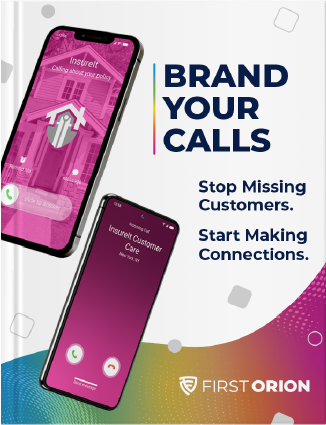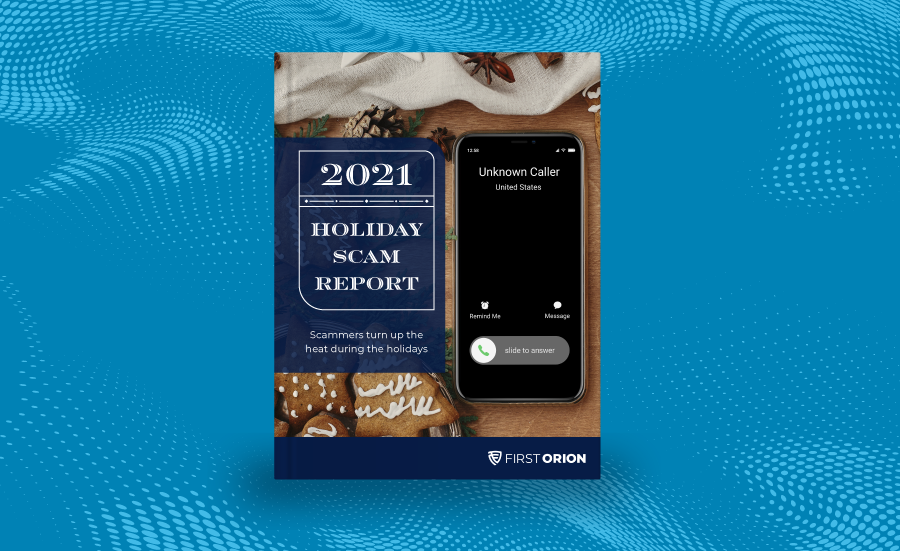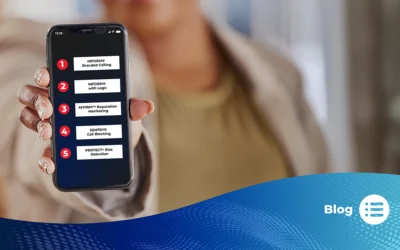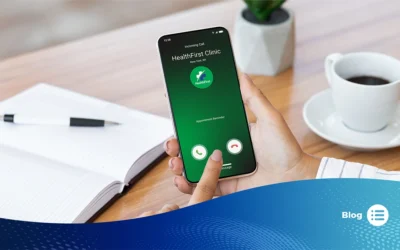You’ve made your list, checked it twice … and presumably you’ve begun your holiday shopping, right? Though numbers are down just slightly, Americans have spent $33.9 Billion during “Cyber Week.” That’s a lot of money and a lot of potential for scams!
Why is that?
Scammers are a nuisance year-round, but they put their schemes into high gear around the holidays. It’s projected that Americans will receive over 27 BILLION scam calls over the next few weeks, resulting in a potential 21 million victims. And people are taking notice – more than 50% of people say they get more scam calls during the holiday season.
People are more vulnerable this time of year because of online shopping, order delivery, and charitable donations. And in certain situations – such as charity calls or when expecting a delivery – people are more willing to answer calls from unknown numbers. Nearly 1 in 4 people (24%) say they’ve received a scam call about online orders and delivery.
With that in mind, let’s dig into two intertwined issues – Amazon scam calls and package delivery scams – and keep the coal out of your stockings this year.
Amazon Scam Calls
If you do a lot of shopping online, beware of this Amazon scam. Impersonators are calling people pretending to be from the online retail giant.
The scammers may ask the person to confirm a purchase or tell them their account has been hacked. They offer to provide a refund, in which they “accidentally” credit your bank account or credit card for more than the amount and then request the difference. However, what actually happens is that the scammers move money from one of your accounts to another, making it look like you were refunded. The money you send back to “Amazon” goes straight to the impersonator’s pockets.
Package Delivery Scams
What goes hand-in-hand with online shopping? Package delivery, of course. And scammers are ready to take full advantage here, too.
Here’s how these scams work. You get a text message or voicemail telling you to call back to get your delivery.
The text message may include a link that goes to a fraudulent website with a fake tracking URL; the page may prompt you for personal information or install malware on your device.
The voicemail uses a different tactic, requesting you to call back to get your package delivered. Once you call, you may be asked to pay a fee to guarantee expedite delivery.
Real-Life Experiences
Here are a couple of experiences with package delivery scams (as provided by survey respondents):
“I was once waiting for a delivery of my product and I was called and scammed out of my money because the caller was telling me that I need to send money to get my product delivered way faster. They took the money and the delivery was not brought in time.”
“They had me believe that I missed a package and if I paid them on the phone, they would drop it off. I listened, they stole my money, and I had to cancel my card.”
2021 Holiday Scam Report
Did you know? Nearly 3 out of 4 people have received a scam call in the past week. Learn more about Holiday Scams in our 2021 Holiday Scam Report. Download today!





